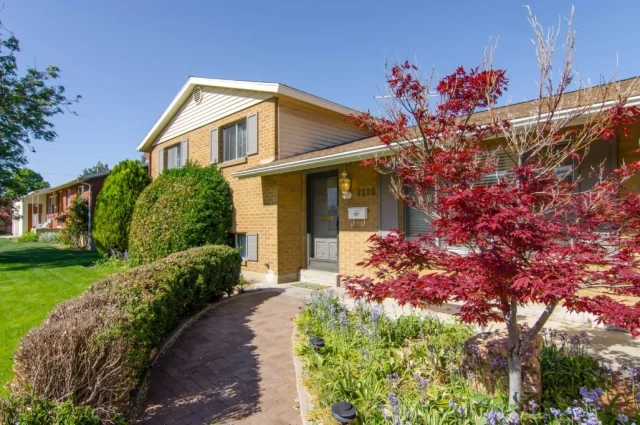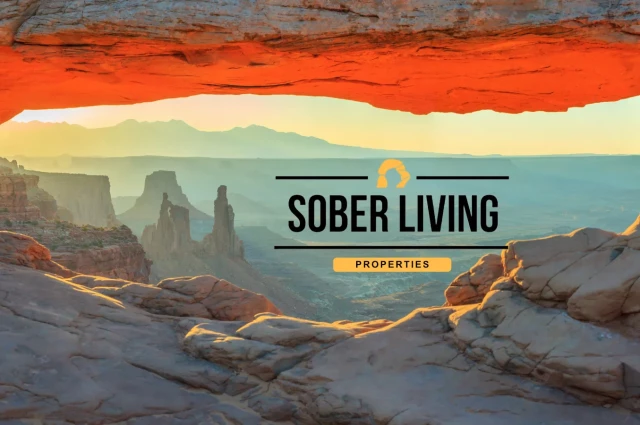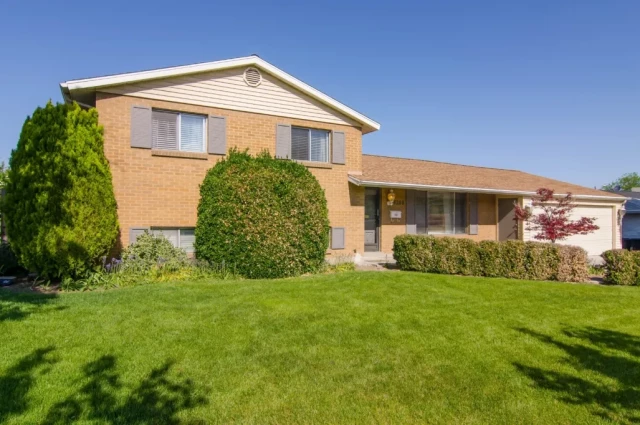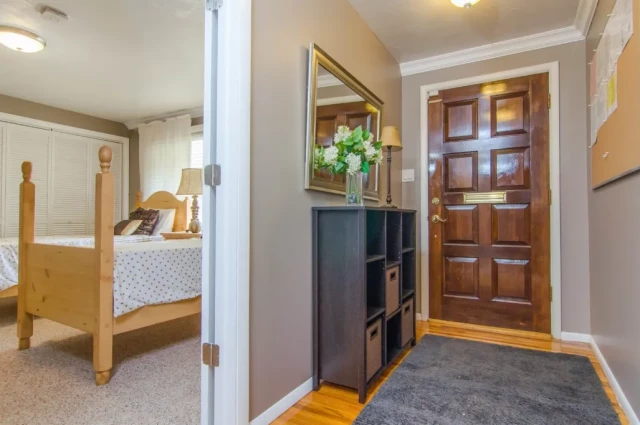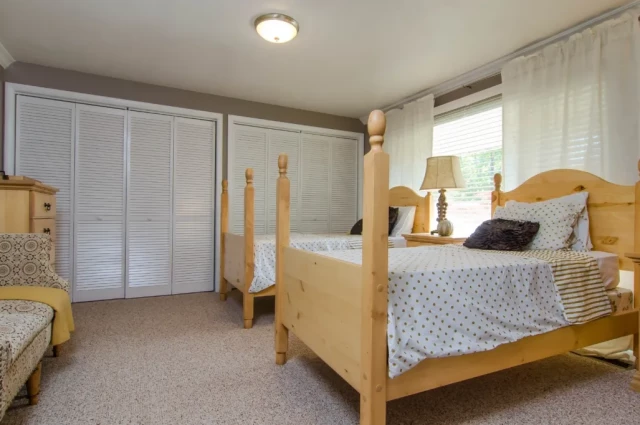Sober Living Properties - Murray House Information
Treatment
Who We Treat
- Male and Female
Treatment Focus
- Drug Addiction
- Sober Living
Approaches
- 12-Step-Based
- Individual Treatment
- Twelve Step
- Group Therapy
- Cognitive Behavioral Therapy (CBT)
- Motivational Interviewing
- 1-on-1 Counseling
- Online Therapy
- Life Skills Training
- Relapse Prevention Counseling
Conditions We Treat
- Trauma
- Anger
- Co-Occurring Disorders
Substances We Treat
- Alcohol
- Benzodiazepines
- Opioids
- Cocaine
- Methamphetamine
Languages
- English
Aftercare
- Outpatient Treatment
- Recovery Coach
- Employment Counseling
- Continuing Care
- Employment/Vocational Counseling
- Support Meetings
Level of Care
- Outpatient
- Virtual & In-Home Care
- Sober Living
- Aftercare/Continuing Care
Experience
On-Site Amenities
- Internet Access
- Laundry Service
- TV
- Lounge
- Kitchenette
Personal Amenities
- Private or Shared Rooms
- Air-Conditioned Rooms
On-Site Activities
- AA/NA Meetings
Special Considerations
- Flexible technology policies
Smoking and Vaping Policy
- Smoking Allowed in Designated Areas
- Vaping Allowed in Designated Areas
Accreditations
-
State mental health department
State mental health department accreditation refers to the process of evaluating and certifying the quality and standards of a state's mental health department, ensuring that it provides high-quality services and meets specific criteria for mental health care. The accreditation process is performed by a third-party organization and helps to improve the overall care and treatment of individuals with mental health conditions.
-
State department of health
Government agencies issue State Licenses, granting rehabilitation organizations permission to operate their businesses legally within specific geographic regions. The licenses needed for legal operation are typically determined by the type of rehabilitation program offered by a facility and its physical location.

Sober Living Properties - Murray House Accepts The Following Insurance Plans
Find the best treatment options. Call our free and confidential helpline today!
